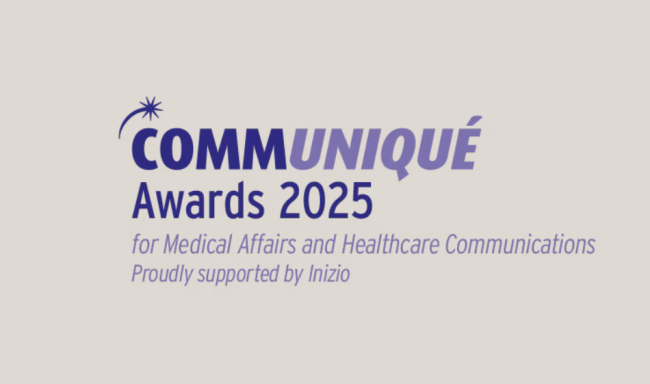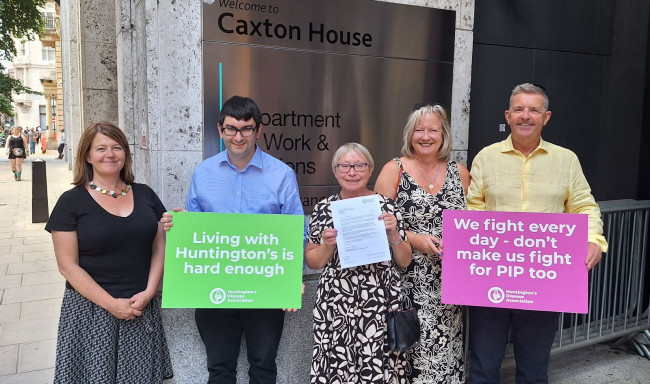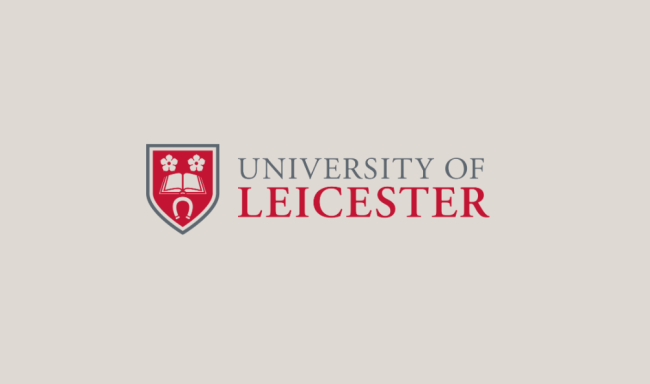More than 90 charities unite behind a powerful call on party leaders to guarantee essentials for low-income households amid rising hardship.
Over 90 organisations have asked politicians what they intend to do to help the millions of households still going without essentials.
In a letter to all UK political party leaders, the Joseph Rowntree Foundation (JRF), the Trussell Trust and other NGOs, charities and professional bodies say that, despite living in one of the wealthiest countries in the world, nine in ten low-income households on Universal Credit are currently going without essentials.
The letter comes as the Trussell Trust is due to reveal how many emergency food parcels were distributed by food banks in its network over the past year, next Wednesday.
The cost-of-living crisis, which has seen the prices of everyday items like food and clothing soar since 2021, has made this problem worse. But the UK's inadequate social security system hasn't provided enough help for years. 2.4 million people experienced destitution at some point in 2019, up 54% since 2017.
Research by JRF and the Trussell Trust published earlier this year showed how the shortfall between the basic rate of Universal Credit and the cost of essentials, such as food, bills and vital household items, is a key driver behind increasing levels of hardship.
The standard allowance of Universal Credit is only £85 a week for a single adult. That's at least £35 a week below a conservative estimate of what's needed to afford these essentials. Often people receive even less as they face deductions from their support which are automatically taken at unaffordable rates, for example to pay off debts to the UK government.
It's why so many organisations from those helping single parents of young children to others helping people with mental health problems or long-term disabilities want the governments of the UK to back the Essentials Guarantee. This means ensuring that the basic rate of Universal Credit at least covers the cost of life's essentials, with support never being pulled below that level.
Katie Schmuecker, JRF Principal Policy Advisor, said:
“Every day sees another person's circumstances change whether it's losing their job, needing to care for a sick family member or ending a relationship. Our social security system is meant to give us peace of mind that the support will be there when we need it. But the price of food we all need to eat and the bills we all must pay are still too often outpacing the income of those on Universal Credit, many of whom will be in work. We must remind political leaders that, whether they like it or not, this is driving millions of people into hardship and it is not a problem that will go away without bold and concerted action.
“It is time to build a system that is needs-tested – where the support people get is linked to the actual costs of essentials to meet basic needs rather than the baseless system people have to suffer now.”
Director of policy and campaigns at Action for Children, Imran Hussain, said:
“The most disturbing thing about millions of children falling through the huge holes in our social security net into poverty - which damages childhoods and destroys life chances - is not that the Government continues to tolerate this, but that their policy choices have been a big reason why this is happening and why things are expected to get worse.
“The £20-a-week increase to Universal Credit helped cut child poverty in the first year of the pandemic, but just as prices began soaring 18 months later, that help was snatched away from families.
“We must confront the myth that everyone in poverty can simply work their way out of it. Our analysis shows that work is often not a route out of hardship for families where both parents or a single parent is already working full time, have long-term sickness or disability, or caring responsibilities.
“An approach built on what works would ensure we have a social safety net that enables families to meet their essential costs, and that benefits can do their job of providing a basic minimum living standard.”
Ends
Over two thirds of people in poverty (69%) would gain from the Essentials Guarantee which would benefit everyone in receipt of Universal Credit. It would also lift around 1.8 million people out of poverty altogether, including 600,000 children.
For more information, read our report, Guarantee Our Essentials, here. As part of the campaign, the Trussell Trust and JRF transformed a billboard close to Finsbury Park tube into a “till-board” with a 48-sheet receipt roll. The giant receipt lists the typical essential costs we all incur each week and highlights that these outgoings are always more than the basic rate of Universal Credit, forcing many people who need the support of the social security system to go without the essentials we all need to get by. Read more here.
The full letter, sent to all UK political leaders today, and a list of signing organisations is below:
To: UK political party leaders
When people are going without, it's time to guarantee #OurEssentials.
We live in one of the wealthiest countries in the world, and yet people here in the UK are going without the essentials we all need to get by.
Everyone's circumstances can change. Losing your job, needing to care for a sick family member, breaking up with your partner – these are things that can happen to anyone.
Others will be facing longer-term challenges, such as single parents of young children who are only able to work part-time, or those living with long term disabilities or ill health.
Our social security system should offer support to anyone in need of help, but right now it's not providing enough to cover the cost of life's essentials, such as food, utilities and vital household goods, with nine out of ten low-income households receiving Universal Credit going without one or more of these essentials.
This means that those facing shorter-term setbacks are too often spiralling into deeper hardship, making it harder for them to get back on their feet, and those already dealing with longer term challenges are experiencing impossible levels of ongoing hardship.
We can't always deal with what life throws at us on our own, which is why we need to have a system in place that supports us all to afford the essentials. This means ensuring that the basic rate of Universal Credit must at least cover life's essentials, with support never being pulled below that level.
Together, we're calling on you to adopt the Essentials Guarantee.
Signed:
Joseph Rowntree Foundation
The Trussell Trust
All signatures:
- Action for Children -
- Advice UK
- Age UK
- Baptists Together
- Bevan Foundation
- British Association of Social Workers
- British Liver Trust -
- Carers Trust
- Carers UK
- Carnegie UK
- Centre for Mental Health
- Centre for Progressive Policy -
- Chartered Institute of Housing
- Citizens Advice
- Citizens Advice Scotland
- Children North East
- Christians Against Poverty
- Communities that Work -
- Debt Justice
- Diabetes UK
- End Furniture Poverty
- Family Fund
- Good Things Foundation
- Greater Manchester Poverty Action
- Green Alliance
- Homeless Link -
- Human Rights Watch
- Huntington's Disease Association
- Independent Food Aid Network
- InKind Direct
- Joint Public Issues Team
- Karbon Homes
- Kidney Care UK
- Leonard Cheshire
- Little Village
- Lloyds Bank Foundation (England & Wales)
- Locality
- Macmillan Cancer Support
- Marie Curie
- Mencap
- Mental Health Foundation
- Mental Health UK
- Mind
- Money Advice Trust
- Motor Neurone Disease Association
- MS Society
- National AIDS Trust -
- National Association of Voluntary and Community Action
- National Education Union
- National Housing Federation
- National Zakat Foundation
- Neighbourly
- New Economics Foundation
- North East Child Poverty Commission
- Nourish Scotland
- One Parent Families Scotland
- Oxfam GB
- Parkinson's UK
- PlaceShapers
- Rethink Mental Illness
- Royal National Institute of Blind People (RNIB)
- Runnymede Trust
- Save the Children
- Scope
- Scottish Federation of Housing Associations
- Scottish Out of School Care Network
- Sense
- St Mungo's
- St Vincent de Paul Society (England & Wales)
- The Big Issue
- The Children's Society
- The Connection at St-Martin-in-the-Fields
- The Equality Trust
- The Food Foundation
- The Hygiene Bank
- The Methodist Church
- The Mighty Creatives
- The Poverty Alliance
- The Poverty Truth Community
- The Robertson Trust
- The Salvation Army
- The United Reformed Church
- Trust for London
- Turn2Us
- UK Community Foundations
- Voluntary Organisations Disability Group
- We Care Campaign
- Women's Budget Group
- Women's Regional Consortium (NI)
- Women's Support Network (NI)
- Z2K



